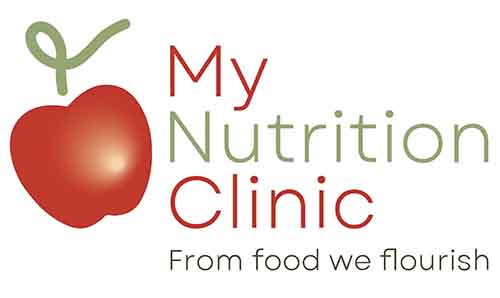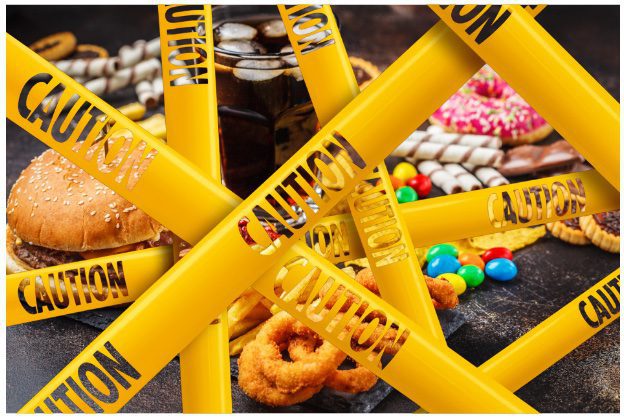Concerns about weight, Intuitive Eating
Why Food Rules Don’t Work: A Dietitian’s Guide to Freedom with Food
Author:
Anna D’Arcy, Accredited Practising Dietitian
Do you have a set of food rules that you follow? Sometimes these rules can be so ingrained into our thinking, that we don’t realise they are rules at all and they feel more like beliefs. Food rules can develop in a number of ways. Many start in childhood from what we hear around us from our family such as ‘you must eat everything on you plate’ or ‘eating biscuits will make you fat’ or perhaps there were foods that were ‘off-limits’ for the children but ok for the parents.
If you have been on a few diets, then you may have a few food rules learnt through restricting and calorie counting such as ‘I can’t eat before midday’ or ‘ bread is fattening’ or ‘I have to exercise more to burn off extra food I eat’ or ‘ I had a large lunch so I can’t eat dinner’.
The problem with food rules is that they are made up and based on false information. They can lead us to disregard our own body’s hunger signals and taste preferences. And then breaking a food rule can bring about feelings of guilt and shame. This can make us vow to follow the food rules even stricter in the future. This cycle of behaviour and thoughts can result in disordered eating and an unhealthy relationships with food!
To help you break this cycle, we put a few tips on how you can challenge your food rules.
Is it true?
When you find yourself thinking about a food rule, think about how credible the information is. Did the information come from a health professional and based on sound scientific evidence? For example, the old common misbelief that carbohydrates are bad for you. The truth is that carbohydrates are in almost every food (except for meats) you eat. Carbohydrates are also the main fuel source for the body and brain. So does it sound realistic or accurate that carbs are bad for us? No. There are lots of different types of carbs, and some are more nutritious than others (i.e. have a range of useful nutrients for the body).
Take the emotion out of food
Restriction often results in foods being placed on a pedestal and these food can have more ’emotional value’ than others. That sort of special treatment can make a food seem more tempting and alluring. But the truth is, no food is any better than another. They are all just food made up of different nutrients, flavours and textures.
We need a balance of a wide range of foods to be healthy. No one food on their own or in isolation is going to make or break our health. In fact, if you eat too much of anything (even vegetables), then your diet is going to be out of balance. We need some protein foods, some fruit, plenty of vegetables as well as wholegrains. As long as you have a good balance of nutritious foods in your diet, then the odd chocolate bar isn’t going to make a difference to your health (or weight). So catch yourself the next time you label a food ‘good’ or ‘bad’ and think about the emotional power you are giving it. You could try calling food nutritious or ‘just for fun’ food instead.
Listen to your body
Your own hunger and fullness is your body’s way of communicating how much food you need. Have you noticed that food tastes better when you are hungry? This is because hunger hormones help to heighten your taste sensations. And then as you eat, your stomach fills and a fullness hormone reduces your tastebud’s ability to taste. So next time you are eating, pay careful attention, and you may notice the gradual reduction in the flavour and taste of the food as you reach satisfaction.
By identifying and overcoming these food rules you can allow yourself to eat more intuitively and have more food freedom. Speak to an intuitive eating dietitian to help identify and challenge your food rules!

